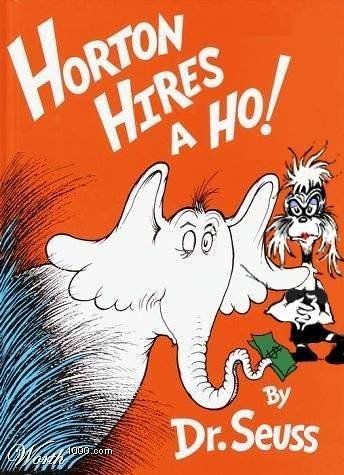bthrawn wrote:Boris in the other thread you said you didn't track 3 pointers correctly. Was that just in terms of not having a column to track 3 point versus 2 point FGs? Or was it also in how you assigned points allowed? Also in terms of your stop % did you track 3 pointers as 2 pointers? This could result in why your Drtg /= 113.
No, it's not so much that they were tracked 'incorrectly', just that they weren't seperated from other FGs when FGA was tracked (if I recall correctly).
I have some real trouble believing that people have decided to attack the basic notion that pace adjusted metrics (i.e. one's based on 100 possessions) are somehow a bad idea. It doesn't matter in the least that most teams don't play that many possessions. Or, perhaps morer accurately, it's not in any way a negative that that's the case. The point of using pace adjusted metrics is that they allow you compare two players who play in different paced offenese on a equal footing. If you somehow find it confusing that teams don't actually play 100 possessions I submit that that is most decidedly
not a problem with the metric, In the case of the Raps PDSS data that Boris has tracked, there wouldn't be a lot of point in defining it any way except per 100 pace adjusted since that's the 'industry standard'.
Like I siad in my long post, defensive stats we have now aren't applicable to defense because they measure what an OPP offense is doing and not actually what the defense is doing.
This is a complete non-starter. I could just as easily say something facile like, "well, isn't the best measure of the quality of what the defense is doing taken by looking at how effectively that defense prevents the other team from implemeting their offense?". The bare fact of the matter is that at some point you need to look at how much a defense prevents the other team from scoring if you want to measure it's effectiveness. Obviously you also need to look at the mechanics of team's/player's defense - close outs, screen coverage, ect ect - and while the skill with which a player executes those defensive actions isn't directly measurable by the available metics, the results of those actions are, provided you're willing to admit that, at the end of the day, defense is about stopping the other guy from putting the ball in the hoop.
As far as how PDSS rates Bargnani, I think a lot of people do indeed have their panties in a twist because the PDSS results don't match up with the very public stance those people have taken on Bargnani and his relative strengths and weaknesses. The fact that Bargs looks better using PDSS isn't really a huge deal, and it certainly doesn't absolve Bargs of some of his glaring defensive issues either. what PDSS does do is take a much more granular look at some individual defesive occurances (forced misses ect) that aren't accounted for in the basic DRat, or in any other defensive metric for that matter. Bargnani's man defense is actually decent, so it should surprise no-one that a system like PDSS will rate him higher as a defender. All that should really do is allow for a more nuanced look at Bargnani's defense.
When comparing Bargs to Jose it also shouldn't surprise anyone that PDSS takes a warm dump on Jose, who is a spectacularly bad man defender (as well as a spectacularly bad team defender).
Nothing about the PDSS data means that Bargnani doesn't need to substantially improve his rebounding and team defense. He quite obviously needs huge improvement in both areas. That said, I think there is a strong indication that people could profitably be a lot more nuanced when it comes to talking about his defense, rather than going with the sweeping generalizations that seem so popular.



















